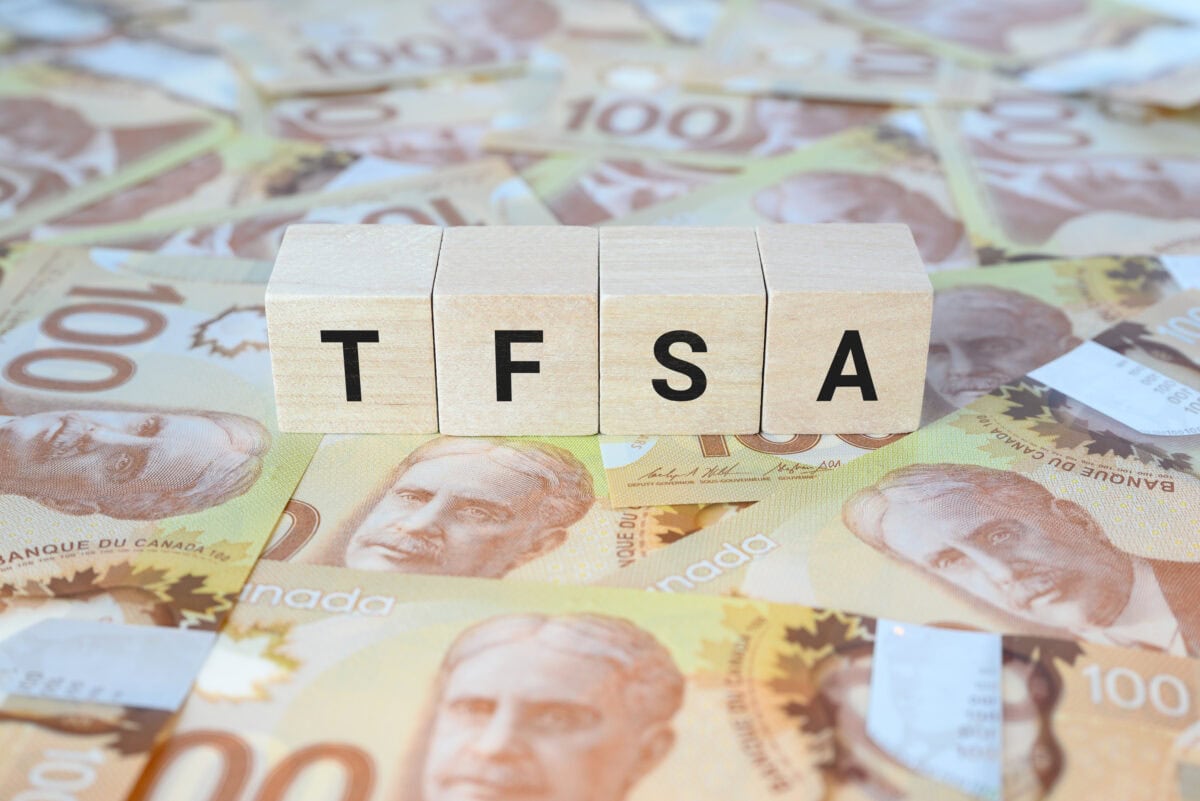Canadian telecom giant BCE (TSX: BCE) has been in the headlines recently, and unfortunately, not for the right reasons.
It’s been a tough year for the stock, with its share price down 29.26% year to date and a staggering 40.13% decline over the last five years as of November 19.
Yes, the pain is somewhat cushioned by what is now a 10.38% dividend yield, but remember, this isn’t free money. The yield has spiked this high primarily because of the stock’s awful performance.
Here’s why BCE remains on my “avoid” list, and a better TSX Dividend King — a company with over 50 years of dividend growth and a much more sustainable 3.8% yield — that I prefer instead.
Why I’m avoiding BCE
BCE could seriously use a consultation with Dave Ramsey because, at this point, the company seems addicted to debt.
As of the most recent quarter, BCE reported 2.61 billion in cash against a staggering 40.08 billion in debt. Its total debt-to-equity ratio is an alarming 222.91%, which is ridiculously high, even for a quasi-utility like telecom.
And here’s the kicker — BCE is taking on even more debt. BCE is acquiring 100% equity in Ziply Fiber, with $4.2 billion net proceeds from the sale of its ownership stake in Maple Leaf Sports & Entertainment (MLSE) funding it.
However, there’s also the assumption of approximately $2.0 billion in outstanding net debt to be rolled over at the transaction’s close. I doubt this acquisition will be accretive to their earnings per share.
As a sign of what’s to come, BCE also halted dividend increases, maintaining a $3.99 per share payout until its dividend payout and net debt leverage ratios come down … if that ever happens in the near future. Right now, it’s entirely unsupported by the company’s free cash flow.
Ratings agency S&P Global even downgraded BCE bonds from BBB+ to BBB, citing expectations that adjusted debt leverage will remain elevated in the 3.5-3.7 area through 2026 due to rising competitive risks and ongoing capital investments.
BCE management has indicated its desire to reduce leverage by 2026 through sales of non-core assets and other corporate initiatives. However, the timeliness and magnitude of these actions are vague, and frankly, BCE doesn’t have a good track record of executing.
Sure, there could be some upside as interest rates fall further, but there’s no real margin of safety in buying BCE right now. It’s a hard pass from me.
A Dividend King to buy instead
I prefer Fortis (TSX:FTS), Canada’s largest utility by market cap and one of the two Dividend Kings in the TSX with more than 50 years of dividend growth.
Yes, Fortis carries a high level of debt, but that’s typical for utilities. Its strategy involves taking on debt to fund capital expenditures, which include infrastructure upgrades and expansions. Down the line, Fortis will grow its rate base and incrementally increase rates by a regulated amount.
Fortis has managed its debt well — maintaining over 50 years of dividend growth is no small feat. With interest rates falling, Fortis has gained a favourable tailwind, up 13.76% price-wise year to date, and I believe it could continue to perform well as the Bank of Canada is expected to cut rates further.
Currently, Fortis offers a 3.8% yield, consisting entirely of tax-efficient eligible dividends. The dividend has grown at an annualized rate of 5.5% over the last five years. Currently, the yield is still about 4% above its five-year average, suggesting it’s not overvalued from a dividend perspective.








